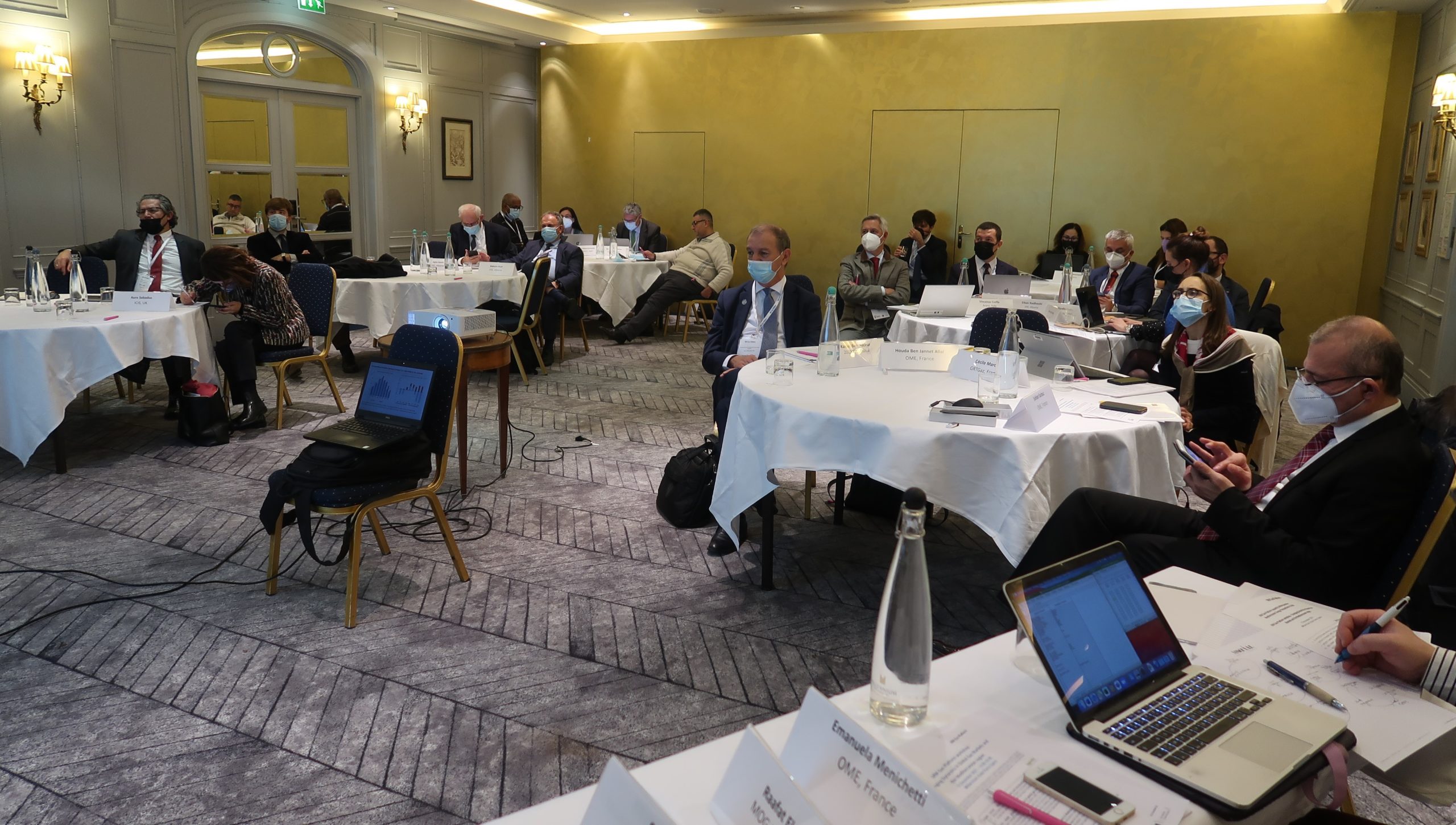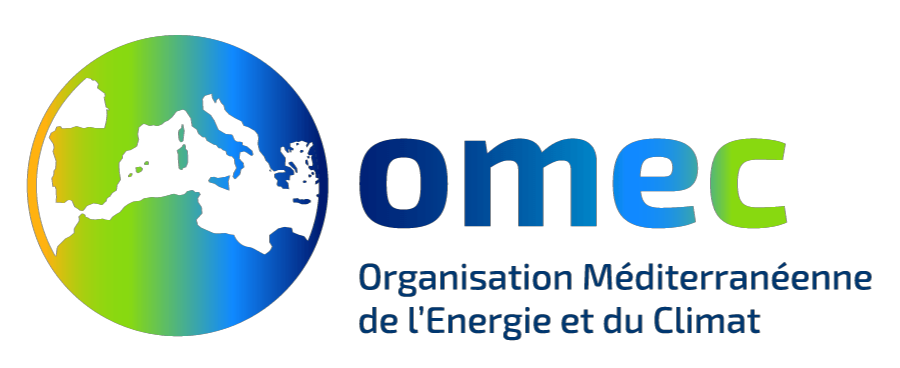
Main conclusions from the presentations and debate are summarised below:
- Net zero emissions may be the clear goal, but it’s only feasible if the transition also ensures socio-economic development and energy security in the region, and gas is key to achieving all of this. Decarbonized and low carbon gases, such as biomethane and hydrogen, provide cleaner energy while using existing gas infrastructures. Carbon capture and storage (CCS) needs to be a part as well.
- The transition will be a long and complex process. There is a need for some insightful legislation that would boost the transition and create the conditions for an integrated Mediterranean energy market.
- Natural gas will remain an energy source for coming decades depending on the transition pace of the energy systems and will be a key element in the fuel switching. In spite of limited medium-term gas demand growth, stronger policies are required to underpin further fuel substitution and efficiency gains and get on track for a net-zero trajectory.
- Promoting hydrogen mixtures in the existing natural gas networks is an effective and cost-efficient way to speed up the deployment of the hydrogen economy, while keeping a pan-European integrated gas market.
- Immediate actions need to be focused on the improvement of the methane emissions quantification processes. A close collaboration between Authorities and gas companies is key to ensure that designed actions are workable.
- Coal-to-gas switch seems a sensible option for several regional countries in the Mediterranean. A coherent regional strategy remains elusive. The switch would help reduce costs linked to subsidies, guarantee system flexibility during the energy transition, reduce emissions and costs.
- Despite the recent increase in gas trade among the South Mediterranean countries, there is a lack of interest in interconnection projects. There is a need for coordination and cooperation between governmental institutions on regulatory harmonization, open market access, transparent allocation of transmission capacity.
Mediterranean energy and natural gas perspectives
On 9 December 2021, at the Millennium Hotel Paris Opéra in Paris, the OME as Secretariat of the UfM Gas Platform, in cooperation with the European Commission, organized two events within the framework of the 2020-22 Program of Work of the UfM Gas Platform.
The first part was structured as a capacity building session and provided an overview of the most important factors and uncertainties likely to affect the Mediterranean energy trends over the next 30 years under three different scenarios. It also dealt with the impact of the global COVID-19 pandemic on energy transition in the region. The session followed the launch, earlier this year, of OME’s flagship publication, Mediterranean Energy Perspectives to 2050. The second part of the event was structured as workshop where participants debated changing dynamics in global and Mediterranean gas markets.
The two events gave an opportunity to all actors of the gas chain to hear from policy makers and industry on the key challenges, benefits and opportunities for strengthening and deepening cooperation and collaboration on energy and natural gas issues.
